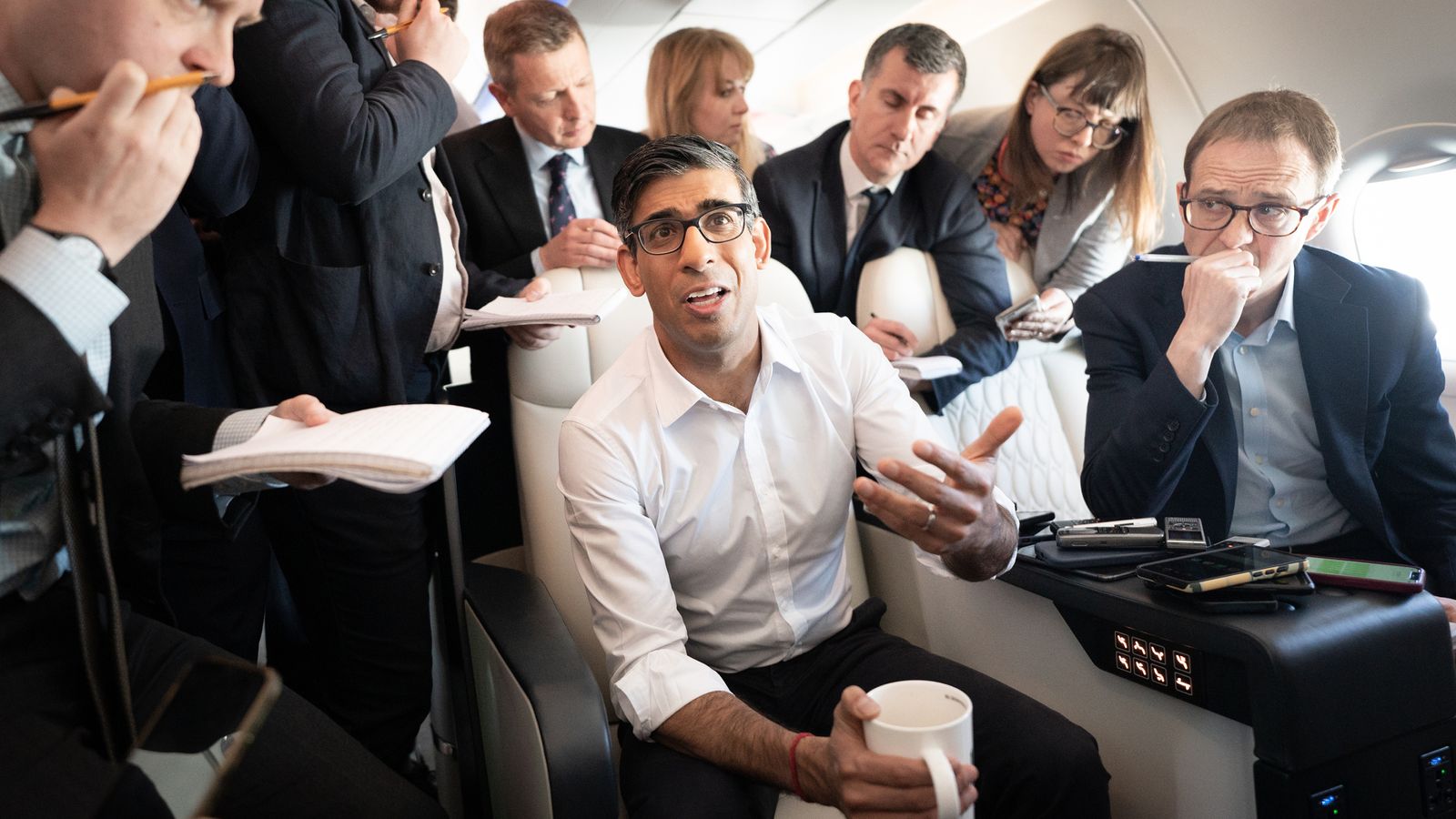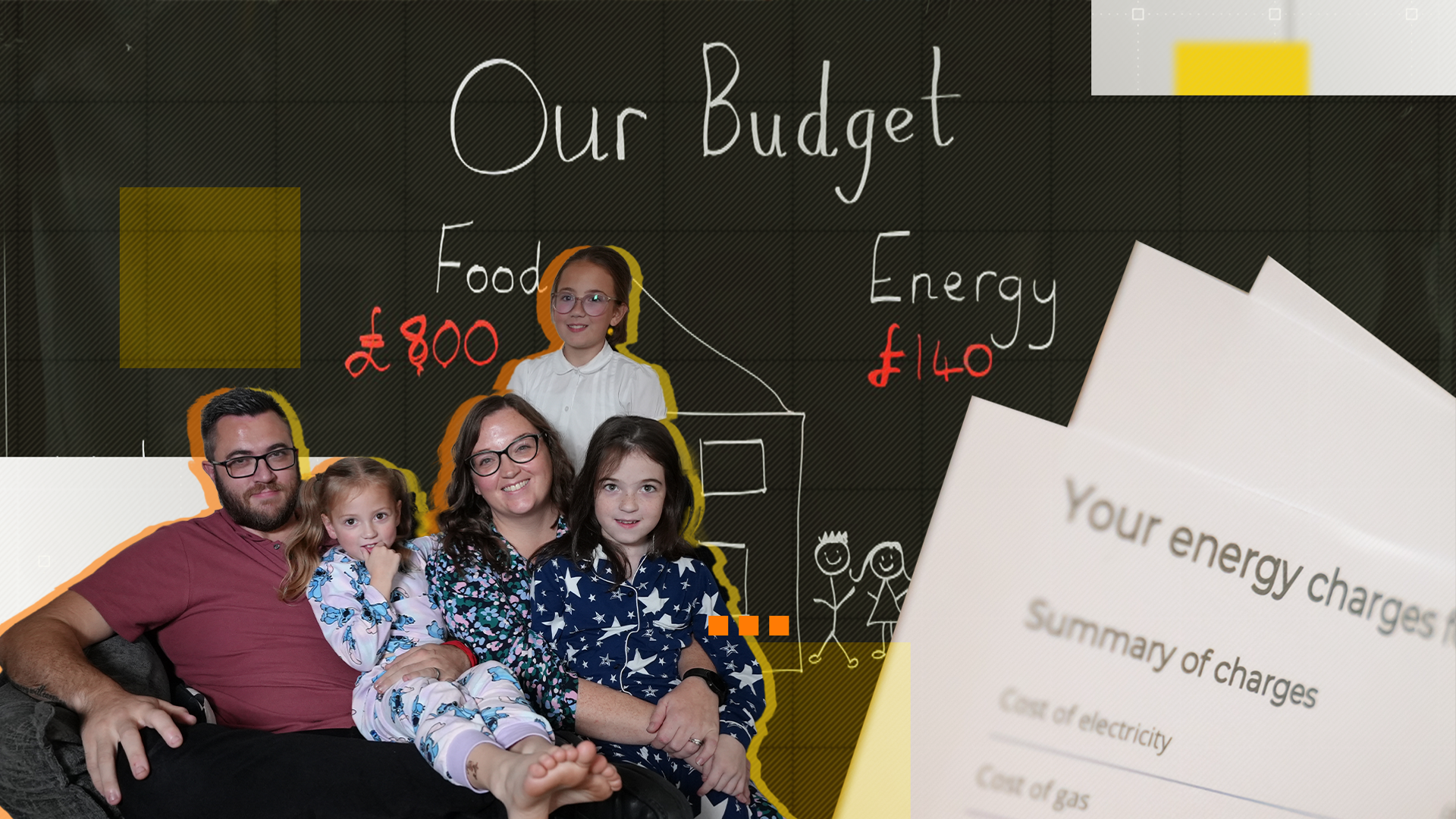Rishi Sunak has refused to stick to Boris Johnson’s election pledge of bringing annual net migration numbers below a quarter of a million by the next election, arguing instead that tackling illegal migration is “undoubtedly the country’s priority”.
The 2019 Conservative manifesto committed to making sure “overall numbers come down”. At the time, net migration stood at 226,000, giving an effective target to hit during this parliament.
Speaking to journalists on his way to the G7 summit in Japan, the prime minister acknowledged he had “inherited some numbers”, but refused three times to explicitly recommit to reducing legal immigration into the UK to that level.
Mr Sunak told reporters: “I’ve said I do want to bring legal migration down. I think illegal migration is undoubtedly the country’s priority, and you can see all the work I’m putting into that. But on legal migration as well, we are committed to bringing those numbers down.”
Referring to meetings he held in Iceland earlier this week, the prime minister said conversations with EU Commission President Ursula von der Leyen had resulted in “a big step forward” in his bid to tackle small boat crossings in the Channel.
Mr Sunak said: “That is of practical value to us in stopping illegal migration – sharing intelligence, operational cooperation will make a difference to our ability to stop the boats, tackle organised crime upstream. That’s a very tangible result of the engagement and diplomacy we conducted.”
Explaining his reluctance to put a hard target on legal migration levels, the prime minister said: “The key thing for people is to know [when it comes to legal migration] is why people are here, the circumstances and the terms on which they are here, making sure they contribute, to public services like the NHS for example. Those are all now part of our migration system and they weren’t before.”
Insiders say Mr Sunak’s focus on tackling illegal small boat crossings rather than putting a specific target on reducing legal migration reflects his pragmatism.
“His motto is deliver on promises and don’t promise what you can’t deliver,” said one government source.
But the PM’s remarks are likely to stoke further tensions in cabinet, where divisions are emerging between those who want to make cutting overall numbers a priority and others who argue such measures could limit economic growth.
Net migration hit a record 504,000 last year, and official figures to be released later this month are expected to show net migration increasing between 650,000 and 997,000 in 2022.
Home Secretary Suella Braverman said at a speech at the National Conservatism conference this week that the government must bring numbers down before the next election to end Britain’s reliance on foreign workers and ease pressure on public services.
Please use Chrome browser for a more accessible video player
However, Chancellor Jeremy Hunt has suggested to business leaders that immigration controls would be eased to plug gaps in the labour market.
Mr Hunt told the British Chambers of Commerce he was open to adding more jobs to the shortage occupation list, telling business leaders the government would be “sensible and pragmatic”.
There are currently a million job vacancies in the British economy, with about seven million adults of working age not in jobs.
The government introduced a series of schemes and incentives to try to get economically inactive adults back into the workplace at the last budget, ranging from more childcare support for new parents and pension tax breaks for high-earning over 50s.










